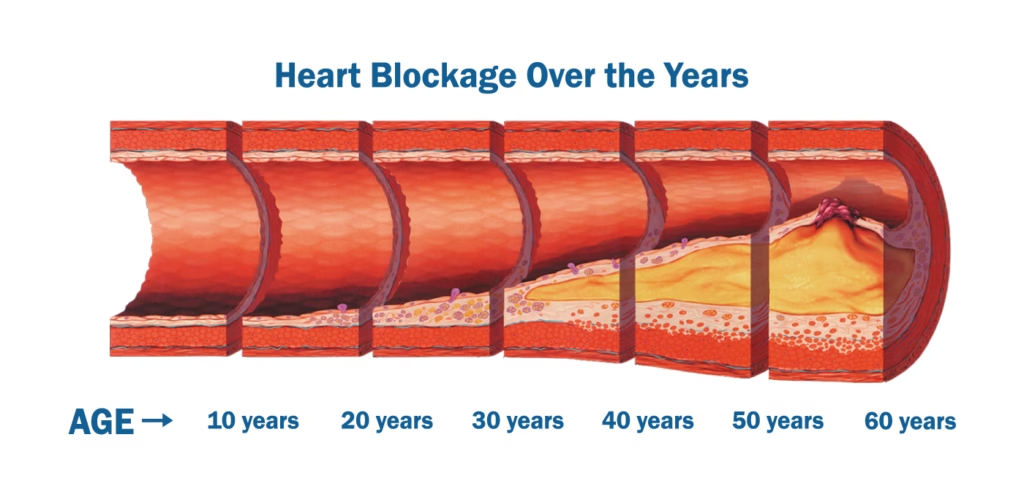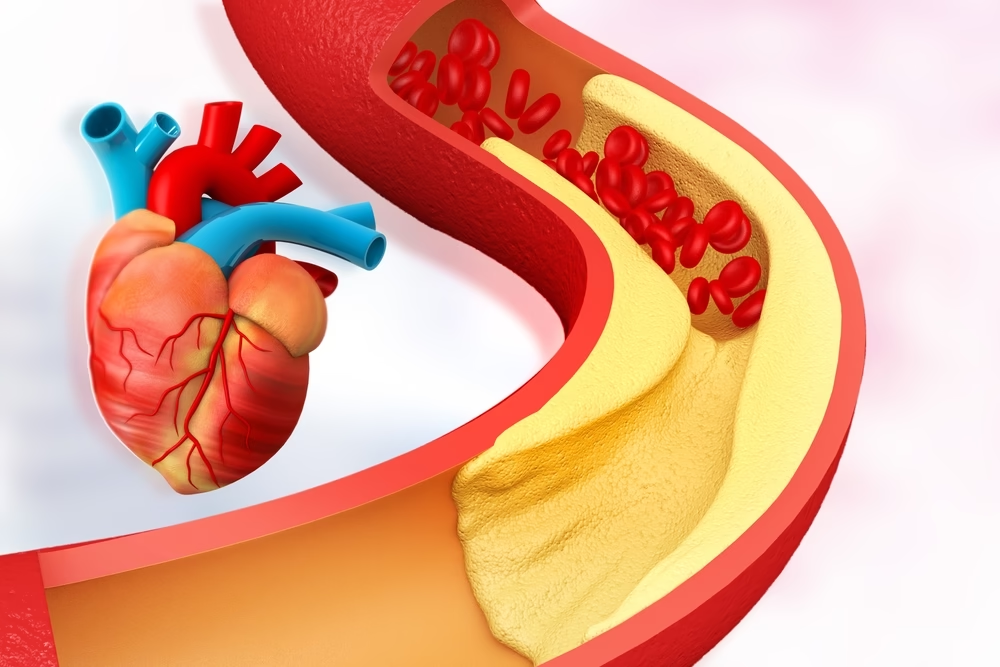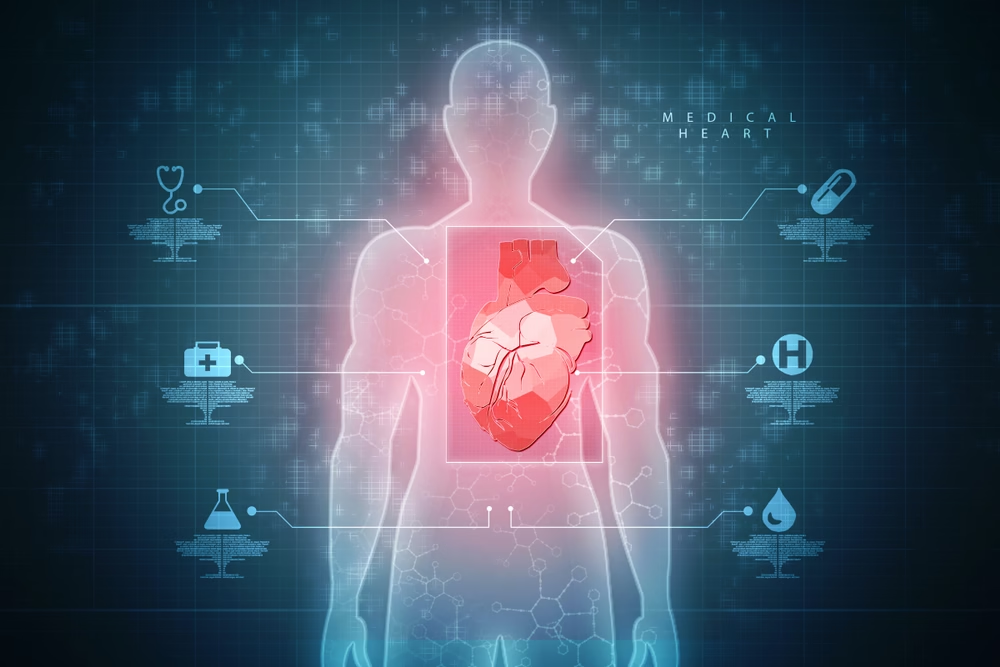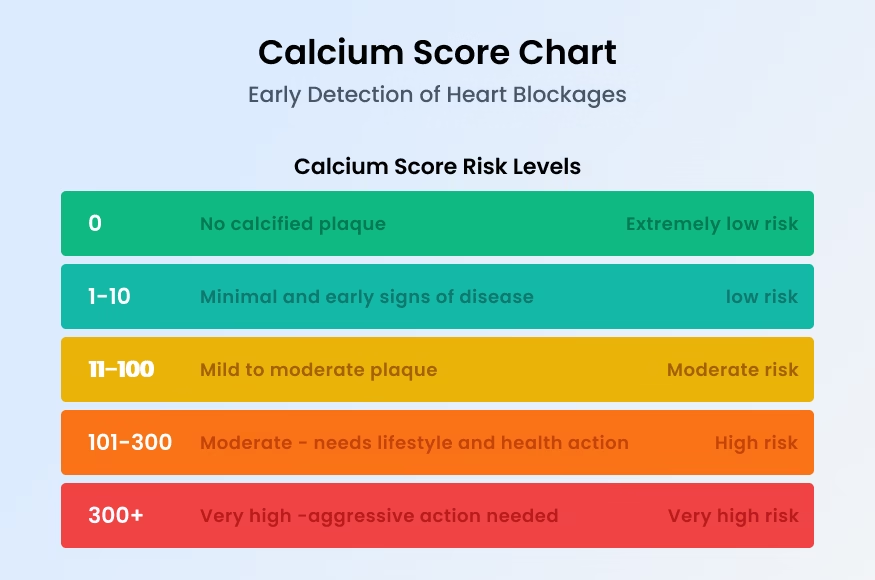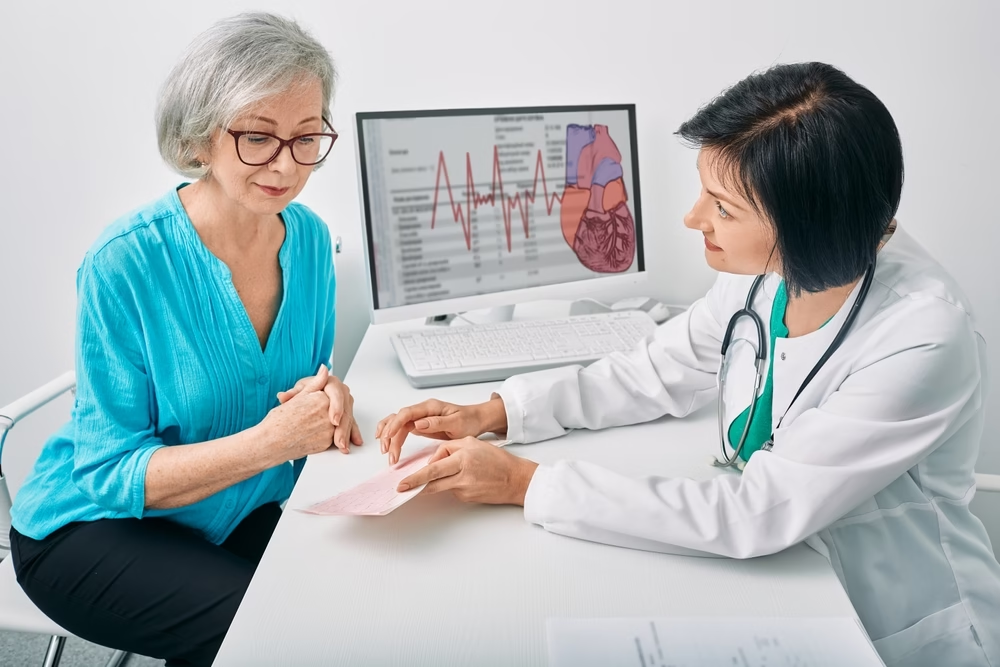EECP Treatment
EECP is an FDA approved, non-surgical process that enables improved blood circulation, relieves angina symptoms in cardiac patients
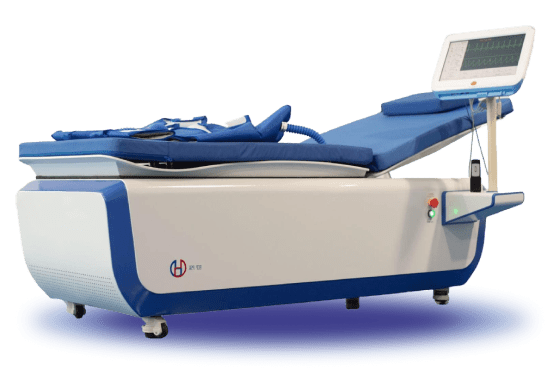
About EECP Treatment
The fundamental idea behind EECP therapy is to increase the amount of blood returning to the heart, which helps the organ replenish its oxygen-starved regions with more blood. The heart can work considerably more efficiently and alleviate chest pain when there is more oxygen available. The total duration of the treatment can be up to 6 to 8 weeks and each session may take up to 60 mins.
Enhanced External Counterpulsation (EECP) is a non-invasive therapeutic approach aimed at improving blood circulation and relieving angina symptoms in patients with coronary artery disease (CAD) and heart failure. This technique involves the use of inflatable cuffs wrapped around the patient’s calves, thighs, and buttocks. These cuffs are synchronized with the patient’s cardiac cycle through a computerized system.
During EECP treatment, the cuffs inflate sequentially during the heart’s resting phase (diastole) and deflate just before the heart contracts (systole). This inflation-deflation pattern creates a pumping effect, augmenting blood flow to the coronary arteries and enhancing overall circulation. By increasing blood supply to the heart muscle, EECP helps alleviate chest pain, enhance exercise tolerance, and potentially improve patients’ quality of life.
Each EECP session typically lasts around an hour, and a full course usually consists of 35 to 40 sessions, often conducted on an outpatient basis. The mechanism behind EECP’s effectiveness lies in its ability to enhance coronary perfusion and decrease the cardiac workload.
By increasing the blood flow to the heart during diastole and reducing resistance in the arterial system during systole, EECP lessens the heart’s oxygen demand and increases its oxygen supply. This results in a reduction of angina symptoms and an improvement in the patient’s overall cardiovascular function.
However, it’s important to note that while EECP can provide symptom relief and functional improvements, it might not be equally effective for everyone. Its application should be determined by a qualified healthcare professional, considering the individual’s medical history and condition. As medical knowledge advances, the role and scope of EECP in managing cardiac conditions continue to evolve, making it advisable to consult the latest medical resources for the most current information.
What is the difference between EECP and ECP?
It has frequently been claimed that there is no distinction between EECP and ECP because they both refer to counter-pulsation therapies. They follow the same procedure. The design of the mechanism, however, is different. The most advanced and improved method of administering the counter pulsation treatment is EECP.
How does EECP work?
Pressure is applied to the blood vessels in your lower limbs during EECP treatment. Your heart functions better because of the increased blood flow back to it due to pressure. Symptoms lessen when your heart pumps more efficiently.
This kind of treatment may also stimulate blood vessels to widen existing passageways, allowing more blood to reach your heart. If your coronary arteries are restricted or blocked, these channels gradually develop into “natural bypass” vessels that assist in reducing angina symptoms.
What is the process for EECP?
The patient lies on a padded surface during an EECP session. The calves, lower thighs, upper thighs, and buttocks are each secured with one of three substantial inflated cuffs that resemble blood pressure cuffs. The machine’s electrocardiograph monitors the patient’s heart rate and controls the inflation and deflation of the cuffs using a computer. The cuffs are rapidly inflated in order, starting at the cuffs at the calves and moving higher, during the diastole phase of the cardiac cycle, when the heart is at rest. The cuffs are simultaneously deflated just before systole (heart contraction).
The 40-hour therapy period is administered. This time period is divided into one-hour segments that are spaced out throughout the 40 Days.
What is the duration of EECP treatment?
EECP therapy is a form of outpatient care. You typically receive it over the course of a 40-hour therapy cycle. It is broken up into one-hour chunks spaced out over the course of the 40 Days.
Is EECP treatment painful
EECP treatment is not painful. It is a non-invasive procedure involving inflatable cuffs placed around the legs. Although it is generally stated that the process is not painful, there may be a sensation of rhythmic pressure or squeezing in the legs during the treatment. This sensation is normal and is mostly comfortable and relaxing.
Patients Speaks
SAAOL has transformed thousands of lives by ensuring that patients go back home with a stronger and healthier heartbeat and enjoy the happy rhythm of life. Here’s what they have to say about their SAAOL experience.
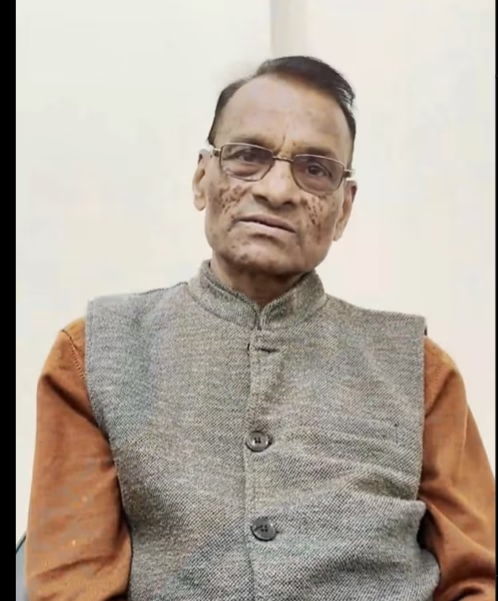
I started experiencing heaviness in my chest during my morning walks, and soon, I could barely walk beyond 1-2 km. I knew something was wrong with my heart. A relative told me about SAAOL Heart Care Delhi, and I was relieved to find a center near my home in Janakpuri. After 40 days of EECP therapy, I feel a remarkable difference. My energy levels are back, and I can walk comfortably again. The heart-friendly diet suggested by SAAOL’s doctors has truly helped me, and I am committed to following this healthier lifestyle. I am grateful to SAAOL for giving me a new lease on life!
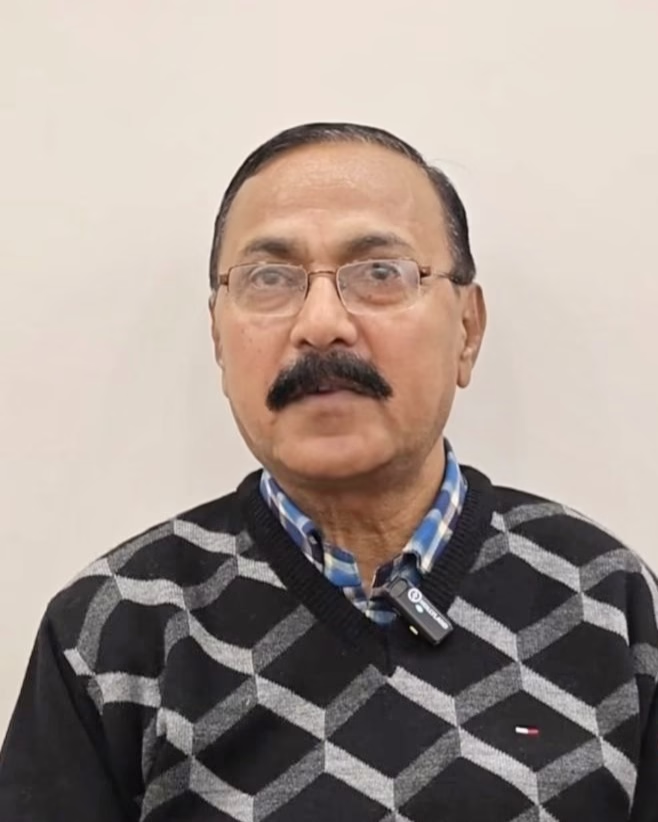
I was struggling with chronic chest pain and breathlessness, completely dependent on medicines, with no clear solution in sight. But then I found SAAOL. In just 40 days of EECP treatment and SAAOL Detox Therapy, my life changed completely. My heart pumping improved from 25% to 45%, and I no longer experience any chest pain or breathlessness. Today, I can walk 3KM effortlessly—something I never thought would be possible again. The best part is no surgery, no stents, just a completely natural recovery. SAAOL gave me a second chance at life, and I am truly grateful for their care and expertise.
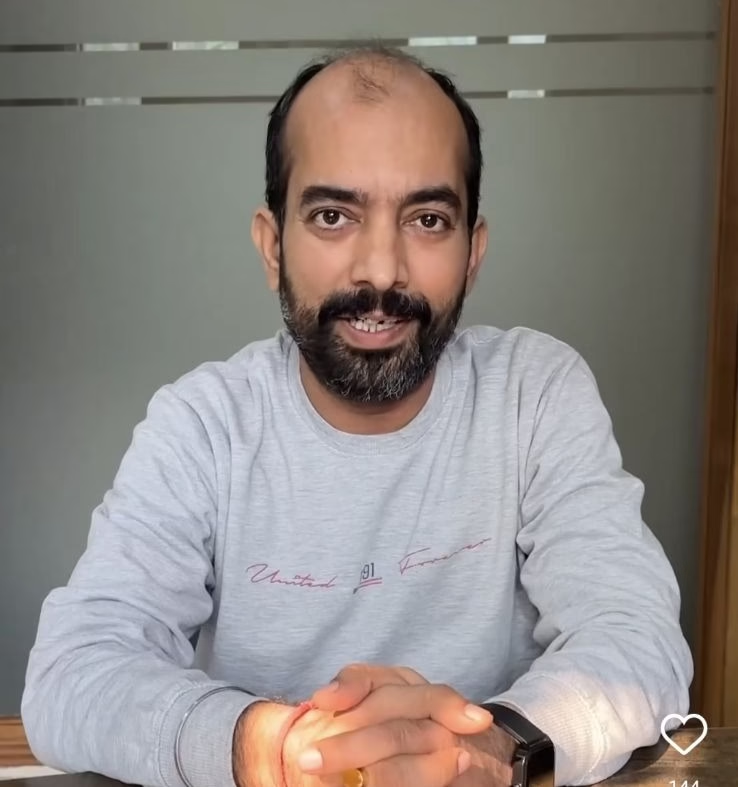
Before coming to SAAOL, no doctor clearly explained my heart condition to me. I was only told that my heart’s pumping capacity was just 20% and was immediately advised to get an angiography. Then, a friend recommended SAAOL, where I met Dr. Sachin. He explained everything in detail, giving me clarity and confidence." "My wife and I were amazed by the positivity at SAAOL. She was extremely anxious when we arrived, but after speaking to the doctor, we felt reassured and motivated. The care, guidance, and non-invasive approach truly worked. Today, I am healthy, and my results have improved significantly. We are deeply grateful to Dr. Sachin and the entire SAAOL team for their support in this journey.

I am just sharing my experience after 4 years of regular consultation from SAAOL HEARTCARE Chattarpur centre. I am totally satisfied.
95% and 80% blockage were in few major places from many blockages. Three big hospital of Delhi NCR told for bypass surgery or else immediate angioplasty for 2 stent placement.
My father (current age 75 year) core issue get resolved post treatment from Dr. Bimal Sir. It was a only one time busy schedule for 40 days... It's really worth of putting time on treatment. Thanks a lot Dr. Bimal Sir.

My blockage was 80-90% and heart pumping was about 24 and my main complaints were discomfort, unable to walk, major breathing issues. That is when I came across SAAOL and Dr. Bimal Chhajer. I watched his lectures and learned that Heart blockages can be reversed without surgery and with a few lifestyle changes. I started my treatment at SAAOL and within a month’s time I feel much healthier and are able to perform all day-to-day activities with ease. I am able to walk for an hour daily, I don’t feel fatigue or any kind of discomfort now. I am very grateful to Dr. Chhajer for his guidance and for providing heart patients with an alternate that is cost effective also.

I had a minor heart attack in 1989 and doctors told me that getting bypass surgery is my only option but I refused. I met Dr. Bimal Chhajer at a medical residential camp in Faridabad and at that time I was unable to do day-to-day work due to excessive pain in my body and I was taking atleast 6-7 Sorbitrate tablets per day. I immediately started the EECP treatment and Detox Therapy along with diet and lifestyle changes including yoga, and meditation, and followed a zero oil diet plan for 40 days. For 2 years I kept on following these lifestyle changes and now after 25 years I am completely fine and I am also able to do normal day-to-day activities very easily. All this was made possible SAAOL without any kind of bypass surgery or angioplasty.

Year ago my husband was suffering from angina and discomfort in walking and doing sedentary activities. We heard about SAAOL through YouTube. We consulted Dr.Chhajer and were told that my husband’s Heart health could get better without surgery and with a few lifestyle changes. Post completion of the treatment his test reports only showed 50% blockage. He takes his regular medication and follows the SAAOL recommended Lifestyle like Zero Oil Cooking, Yoga, etc. His health is constantly improving. We are very grateful to SAAOL and Dr.Chhajer for his noble service for the society.

About 6-7 months ago I suffered from minor angina due to which doctors told me to go for a stent. After 3 months, I had a Heart stroke which got me really worried about my health. A friend recommended Dr.Bimal’s YouTube channel and I got to know about Natural Bypass. . It is a process that treats Heart blockage without any surgery and I started my treatment immediately. I took 35 EECP sessions along with medication and followed the SAAOL Lifestyle. I am so relieved now as my condition has improved tremendously and I am at ease now. I would like to thank Dr.Chhajer for his advise and for healing lakhs of Heart patients the Natural way. I will definitely spread knowledge about this treatment to my near and dear ones.

Kamleshwari Ji

R.S. Lal

Dinesh Dagar

Pranav Kumar

Mrs. Manju Pannwali

Mrs. Chameli Khaka

Mrs Pal



